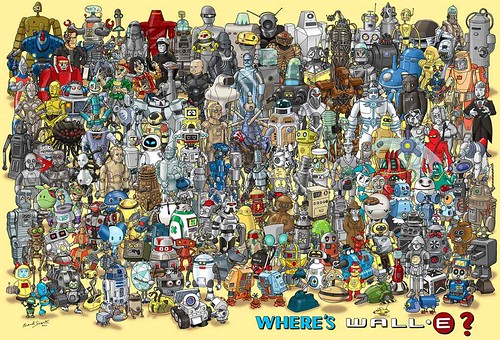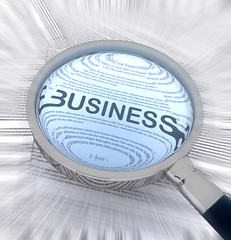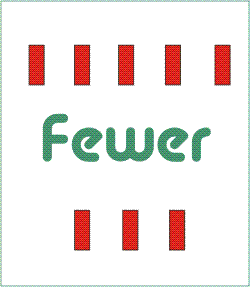What would you attempt to do if you were guaranteed that you would not fail?
The biggest reason most of do not attempt to do amazing things is that we fear failure.
Regina Dugan, former director of DARPA, now with Google, gave this TEDTalk on failure. Her observations about fear of failure and scientific advancement are inspiring, but she also shows new video of some of DARPA’s most ambitious projects and that alone makes it worth watching. She also reminds us that nearly all major scientific advances are created by nerds. So, you should be nice to nerds.
What would you attempt to create if you could refuse to fear failure?
(If this does not play for you: View it on YouTube)
As a fan (and hopeful author) of speculative fiction, it is encouraging to me to know that humankind has not stopped testing the limits of possibility. Although, perhaps “encouraging” is not the best word, as some of what we’re looking at is worrisome, as the interview at the end of the video suggests. Still, when we open our minds and envision new and wondrous places, machines and societies, we are not engaging in mere fancy, we are pioneering the future.


 Just a quick notice that the interview conducted by author, blogger, and CPA Brigitte Thompson has been posted at Writers in Business. Please pop in and say “Hi.”
Just a quick notice that the interview conducted by author, blogger, and CPA Brigitte Thompson has been posted at Writers in Business. Please pop in and say “Hi.”  One of my greatest pet peeves about modern writing is the flagrant misuse of the word “less”. I see it everywhere, even so called professional journalists are saying such things as “…we have 20 less laps to go in the race…” Advertisements claim, “Now with less calories” or “We have less waiting lines”. Less has become the defacto identifier for all quantity comparisons.
One of my greatest pet peeves about modern writing is the flagrant misuse of the word “less”. I see it everywhere, even so called professional journalists are saying such things as “…we have 20 less laps to go in the race…” Advertisements claim, “Now with less calories” or “We have less waiting lines”. Less has become the defacto identifier for all quantity comparisons.